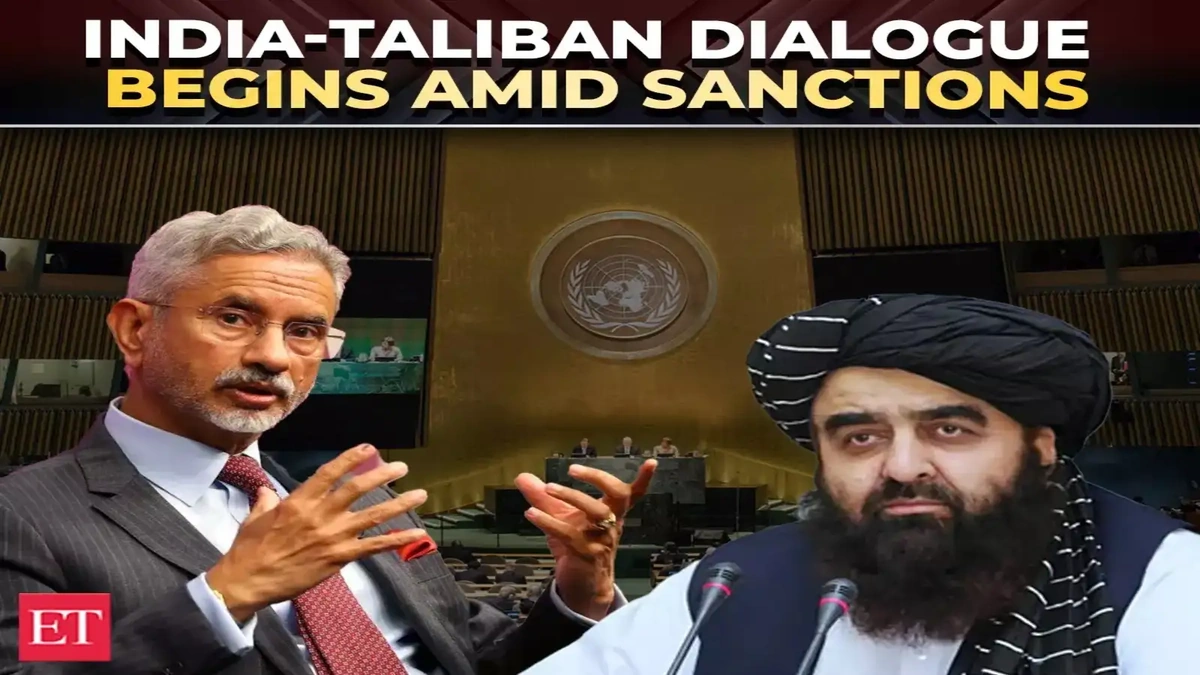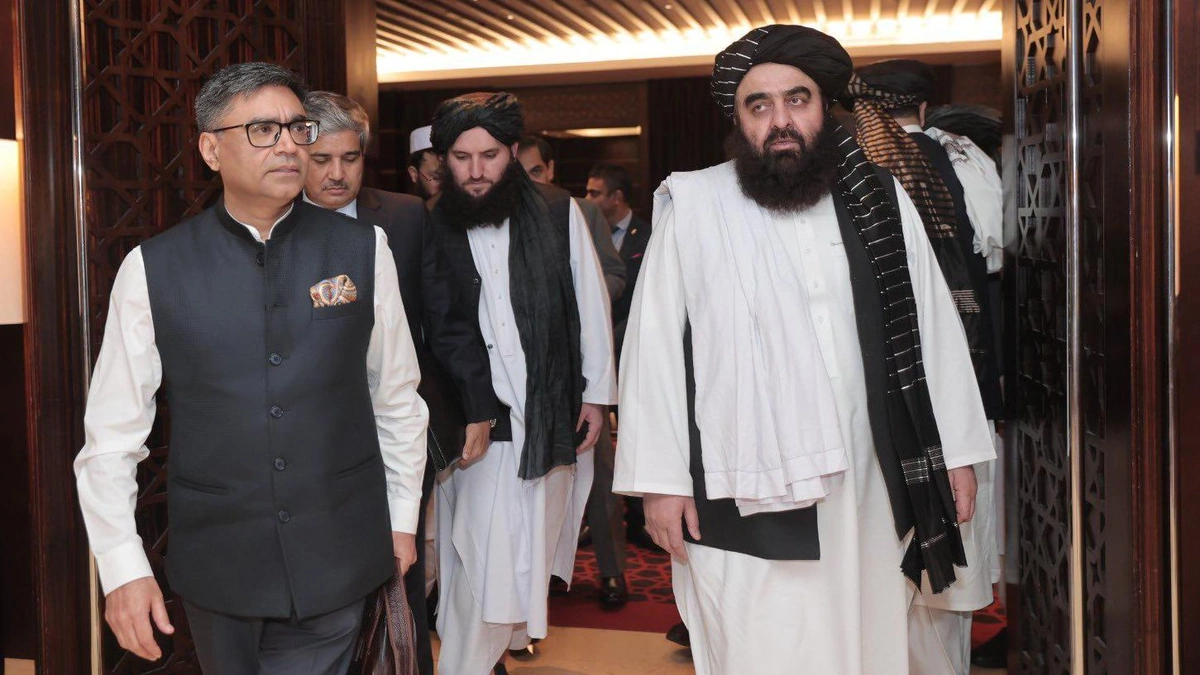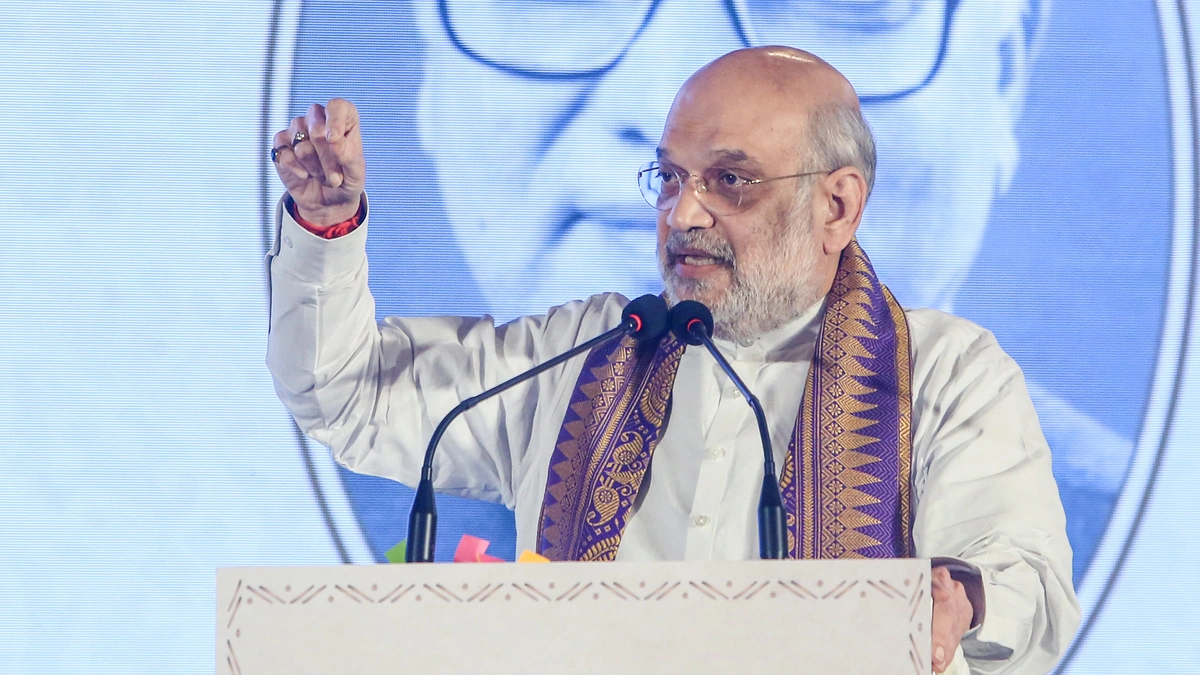India to Reopen Kabul Embassy, Focus on Taliban Relations Amid Pakistan-Afghanistan Issues
So, India’s thinking about firing up its embassy in Kabul again. Here’s the thing: it’s not just about visas and diplomatic handshakes. It’s a deeply complex chess move involving India-Taliban relations , Pakistan’s perpetually prickly presence, and the ever-shifting sands of Afghanistan. Let’s be honest – it’s a situation ripe with potential headaches, but also, surprising opportunities.
Why Now? The Geopolitical Jigsaw

The ‘why’ is crucial. It’s not like things have suddenly become sunshine and roses in Afghanistan. The Taliban’s in charge, and that comes with its own set of realities. But what fascinates me is the timing. India has been carefully watching the situation, and this move indicates a shift in strategy. Why? Primarily, to counter Pakistan’s influence. Pakistan has historically wielded significant influence in Afghanistan, and India doesn’t want to be left out of the equation. This is about securing India’s strategic interests in the region, ensuring it has a direct line of communication and a presence on the ground. It also gives India an opportunity to provide humanitarian aid and monitor the security situation closely, something that’s impossible to do effectively from afar.
Moreover, consider the broader context. The U.S. withdrawal has left a vacuum, and regional powers are jockeying for position. India can’t afford to sit on the sidelines. This isn’t just about Afghanistan; it’s about signaling India’s commitment to regional stability and its willingness to engage with all stakeholders, even those with whom relations are… complicated. Think of it as realpolitik in action. What I initially thought was a simple diplomatic decision has deeper layers when you start looking at regional power dynamics. And that impacts everything.
The Tightrope Walk: Navigating India-Taliban Relations
Let’s be clear: engaging with the Taliban is not without its moral quandaries. India has always championed democratic values and has been wary of the Taliban’s ideology and human rights record. But, as the saying goes, diplomacy requires strange bedfellows. India needs to find a way to engage pragmatically without compromising its values. This means focusing on areas of mutual interest, such as security and economic development, while also raising concerns about human rights and inclusive governance. It’s a tightrope walk, and there will be plenty of stumbles along the way. But the alternative – complete disengagement – is arguably worse. It would leave India with no leverage and allow other actors to dominate the Afghan landscape.
The other element here? The Indian diaspora and their investments in Afghanistan. India has funded several infrastructure projects in Afghanistan over the years, and reopening the embassy allows for better protection and management of these assets. Plus, there are thousands of Afghan students who study in India each year. Maintaining some level of diplomatic presence makes it easier to support these students and foster people-to-people connections. A common mistake I see people make is assuming this is just about politics. It’s also deeply personal for many Afghans who have strong ties to India.
The Pakistan Factor | A Shadow Looms Large
Ah, Pakistan. How could we discuss Afghanistan without mentioning its neighbor? The Pakistan-Afghanistan border issues are always relevant. The relationship between Pakistan and the Taliban is complex, to say the least. While Pakistan has officially denied supporting the Taliban, there’s plenty of evidence to suggest otherwise. India views Pakistan’s influence in Afghanistan with deep suspicion, and the reopening of the Kabul embassy is partly aimed at countering that influence. By establishing a direct line of communication with the Taliban, India hopes to reduce Pakistan’s ability to meddle in Afghan affairs and undermine Indian interests. It’s a strategic game of cat and mouse, with Afghanistan caught in the middle.
And it’s not just about regional influence. India also has legitimate security concerns. Terrorist groups operating from Afghan soil have long posed a threat to India, and India wants to ensure that the Taliban does not allow these groups to use Afghanistan as a base for launching attacks against India. By having a presence in Kabul, India can gather intelligence and work with the Taliban to address these concerns. Let me rephrase that for clarity: India is playing defense, trying to prevent future security threats from brewing in its neighborhood.
What This Means for the Average Indian
Okay, so all this geopolitical maneuvering sounds fascinating, but what does it actually mean for the average Indian? The most immediate impact is likely to be increased trade and investment opportunities. India has been a major trading partner of Afghanistan, and the reopening of the embassy will facilitate further economic engagement. This could lead to new jobs and business opportunities for Indians, particularly in sectors such as infrastructure, agriculture, and healthcare. I initially thought this was straightforward, but then I realized its impact may be felt in educational sector as well. Thousands of Afghan students come to India for higher education.
But, perhaps more importantly, this move signals India’s growing confidence and assertiveness on the world stage. India is no longer content to be a passive observer of regional events. It wants to be a major player, shaping the future of the region and protecting its own interests. This is a long-term game, and the reopening of the Kabul embassy is just one move in a much larger strategy. Remember when I said it’s complex? Well, consider the economic implications for India too.
Don’t forget the humanitarian aspect. India has a long history of providing aid to Afghanistan, and the reopening of the embassy will allow it to ramp up its efforts to help the Afghan people. This includes providing food, medicine, and other essential supplies, as well as supporting development projects aimed at improving the lives of ordinary Afghans. This enhances India’s soft power and strengthens its relationships with the Afghan people, regardless of who’s in charge in Kabul. You can explore more on India’s relation to its neighbours here:political landscape.
The Road Ahead | Challenges and Opportunities
The road ahead is unlikely to be smooth. The security situation in Afghanistan remains precarious, and the Taliban’s commitment to human rights and inclusive governance is still uncertain. India will need to tread carefully, balancing its strategic interests with its values. But the potential rewards are significant. A stable, prosperous Afghanistan that is not a haven for terrorists would be a major boon for India. And by engaging with the Taliban, India has a chance to influence the future of Afghanistan and shape it in a way that benefits both countries. It’s a gamble, to be sure. The challenges facing Afghanistan are many.
But here’s the key takeaway: India’s decision to reopen its embassy in Kabul is not just a routine diplomatic move. It’s a bold statement of intent, a signal that India is ready to play a more active role in shaping the future of Afghanistan and the wider region. It’s about ensuring India’s security, promoting its economic interests, and upholding its values in a complex and ever-changing world. And that, my friend, is why this seemingly simple decision matters so much.
FAQ Section
Why did India close its embassy in the first place?
India closed its embassy in Kabul in August 2021 following the Taliban’s takeover of Afghanistan, primarily due to security concerns and the uncertain political situation at the time.
What kind of aid will India be providing to Afghanistan?
India is likely to focus on providing humanitarian aid, including food, medicine, and essential supplies. They may also resume infrastructure projects that were previously put on hold.
How will reopening the embassy impact Afghanistan’s economy ?
Increased trade and investment between India and Afghanistan could boost the Afghan economy, creating jobs and opportunities for Afghan businesses.
Is India recognizing the Taliban government by reopening the embassy?
No, reopening the embassy does not necessarily imply recognition of the Taliban government. It’s more about establishing a channel for communication and protecting India’s interests in the region.
What if I’m an Afghan student in India? Will this affect my studies?
The reopening of the embassy should make it easier for Afghan students to access consular services and support in India.
What about theweatherin Kabul? While it may seem unrelated, a stable environment includes predictable conditions.













